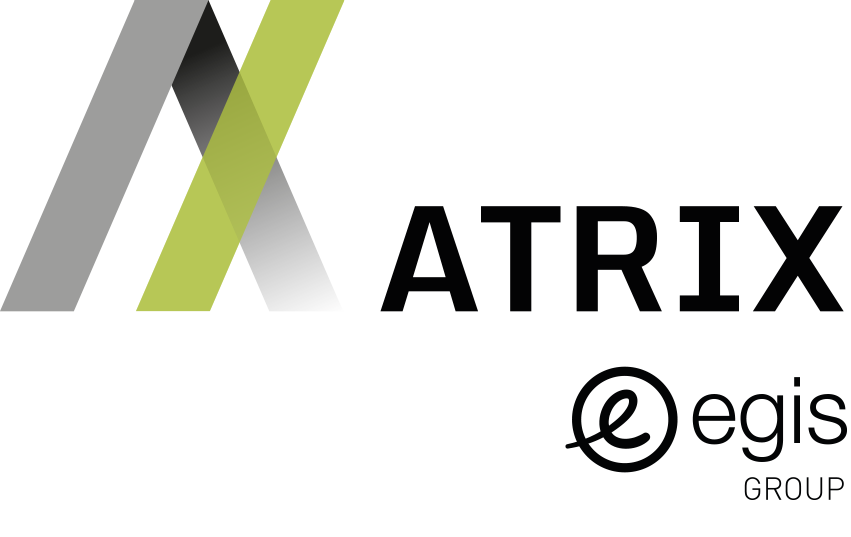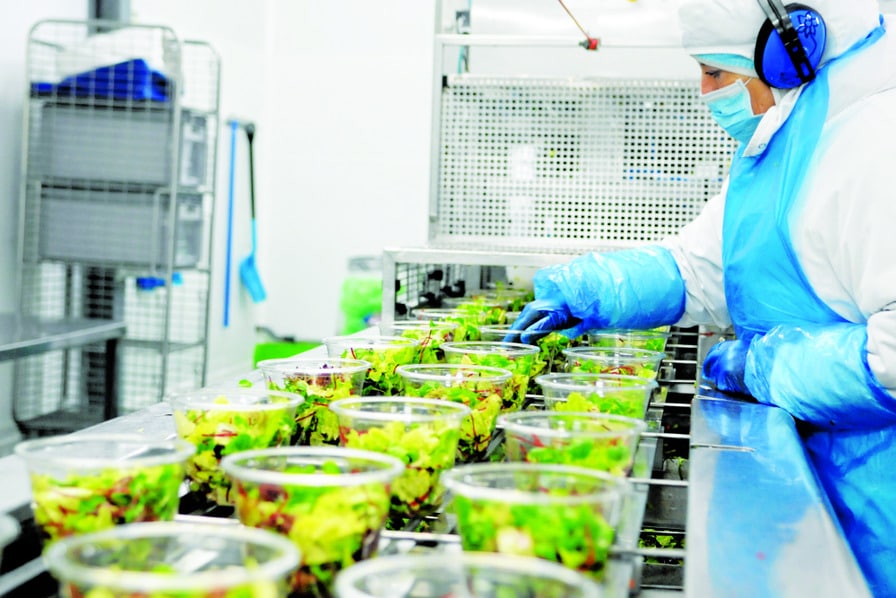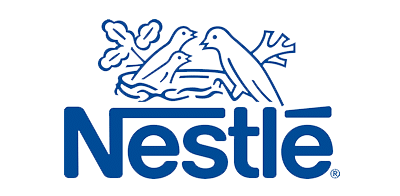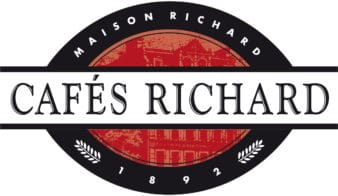
The evolution of consumers' aspirations for healthier food, more respectful of the environment and of farmers' work, and which favours short circuits without additives rather than the productivist race to the front of the last 50 years, is leading the agri-food sector to profoundly question and adapt its production tool.
The international context and the recent health scandals also impose new challenges on the industry, both in terms of regulation and traceability, and in terms of satisfying the end consumer's irreversible desire for healthy products.
In this demanding context, which nevertheless remains one of the most competitive in the industry, the agri-food sector is evolving with regard to its products and their manufacturing methods (cold and clean environments, in order to limit the addition of preservatives while maintaining a shelf life, etc.), but also with regard to supply chains, local manufacturing, hyper-specialisation and the advanced technicality of certain sites, etc.
The shift towards alternative foods (protein insects, cultivated meats, etc.) and cultivation technologies that respect the environment and natural resources (soilless cultivation, cultivation with minimal water supply, vegetable cultivation in battery sheds 24 hours a day, with a reduction in natural cycles and a multiplication of yields, etc.), already underway, corresponds to an entire section of the agri-food industry that is making a complete break with what exists, and calls for new technologies and needs.
With more than 20 years of experience in the "traditional" food industry and the ability to adapt to the new expectations and requirements of its customers in many other industrial sectors, ATRIX is able to propose optimisations of existing solutions and infrastructures, as well as to help its customers to set up logistic flows and breakthrough production methods.
Our group has all the skills needed to meet the challenges of the agri-food sector. It assists food manufacturers with their projects for new factories, extensions, or installations on existing sites in operation. The same applies to all new players developing innovative products, with the associated new technologies.
In order to respond to the sector's high degree of scalability, it is necessary to implement modifiable buildings, separable layouts and high-performance technical installations. At the same time, consideration of the problems of flows, resources, energy and waste are the major areas of reflection and choice.
A sector whose requirements in terms of product quality and health safety are constantly increasing, certain niche manufacturing sectors in the food industry impose constraints such as maintaining the cold chain, inerting certain environments in order to stop product oxidation, and manufacturing in clean rooms in order to reduce the use of preservatives while improving the shelf life of foods.
As some sectors have little experience in this area, ATRIX helps these manufacturers to make the best technological choices with a view to quality and economy.

With the support of all the group’s expertise, our architects and project engineers manage our project management, project management assistance or engineering operations integrated into design and construction contracts. ATRIX is thus able to commit to results objectives in terms of performance, costs and schedules.
Through its areas of activity, ATRIX offers a complete range of advice and expertise adapted to the agri-food sector. The interventions are carried out within framework contracts or specific missions, the conclusions of which provide the necessary clarifications for the arbitrations that the prescribers of the ATRIX group wish to carry out.





